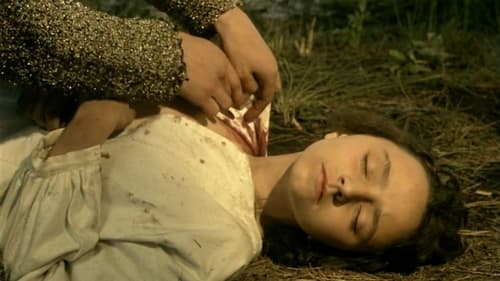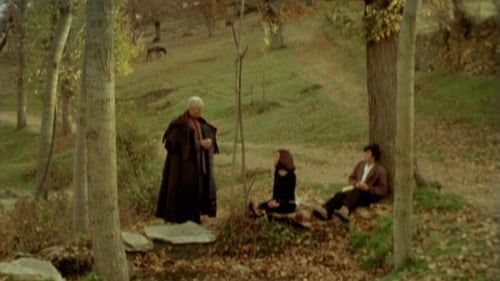
Em 1972, Maria Isabel Barreno, Maria Teresa Horta e Maria Velho da Costa publicaram As Novas Cartas Portuguesas, abordando temas proibidos e censurados durante o Estado Novo, como a Guerra Colonial, o adultério, a violação ou o aborto. O livro foi imediatamente banido e as escritoras julgadas por crimes contra a moral. O processo judicial provocou ondas de protesto pelo mundo, construindo uma rede internacional de solidariedade. Em O que podem as Palavras, as “três Marias” contam a sua própria história, antes e depois de uma das primeiras grandes lutas pela causa feminista em Portugal.

Screenplay
Isabelle é uma jovem publicitária que admira sua chefe Christine, uma mulher tão encantadora quanto ambiciosa. No começo elas se dão muito bem, até que Isabelle começa a se transformar em uma ameaça. Christine tentará seduzi-la para acabar com ela.

Dialogue
Teresa é uma actriz de telenovela. O reencontro de uma velha paixão traz-lhe memórias que ela própria julgava perdidas, levando-a a questionar não apenas a sua vida afectiva, mas também as suas opções profissionais. No estúdio onde decorrem as gravações, o labor quotidiano é pontuado pela agitação de um grupo de jovens actores. Afinal, todos perguntam: onde está a felicidade?

Writer
Cecília is sixteen years old. She has a prosthesis in her left hand and a new love, but she does not have her mother's attention.

Screenplay
In a remote island where mourning was settled, a man decreed that there will never be sex or children anymore... The island gets desolate and he decided to send his daughter, Adriana, to the mainland to form a family by natural methods.

Screenplay
Lúcia is an independent woman who lives alone in Lisbon. Her father commits suicide leaving her a message on phone recorder, revealing a letter he wrote. However Lúcia can't find it in her father's house. On that visit she ends up meeting with her mother, a known political activist with whom she has a distant and tense relationship. In hope of finding the letter, Lúcia leaves to the farm where she grew up, on an isolated location. There she reencounters Álvaro, an old childhood companion, who shares a little life time he has left between roses and the piano, and the guardian angel that follows and protects her through nocturnal wanderings.

Screenplay
Um filme de Margarida Gil sobre o regresso à terra de um homem preso por ter sido incendiário. Uma estreia em televisão. Mário Viegas e Zita Duarte nos seus últimos papéis. A intrpertação de Mário Viegas é considerada antológica no seu papel de bombeiro "Barriga d´água", personagem marginal numa terra de incêndios, terra de fogos e amores violentos. Margarida Gil assinou em 1993 um filme sobre regressos e partidas, encontros e desencontros no país interior. Filmado na Serra da Estrela, um local permanentemente vítima de incêndios. Uma crónica onde se cruzam histórias de amor antigas e novas, velhos crimes e novas formas de corrupção. No fundo, é um olhar sobre a vida e as suas perplexidades, acasos e choque de interesses. Destaque para a música de João Gil e Artur Costa, bem como para o tema cantado por Teresa Salgueiro.

Dialogue
A bewitching combinatory adaptation of the Bluebeard tale and a 15th century Portuguese fable of a damsel who disguises herself as a knight errant.

Writer
Parallel tales of young couples desperately escaping cruel false fathers, each couple on the run across different regions of the country and during increasingly contemporary time periods.

By cross-editing footage of Portuguese workers protesting against NATO forces and various movies, Monteiro shows how one 'sword' can confront the army.

Writer
By cross-editing footage of Portuguese workers protesting against NATO forces and various movies, Monteiro shows how one 'sword' can confront the army.









